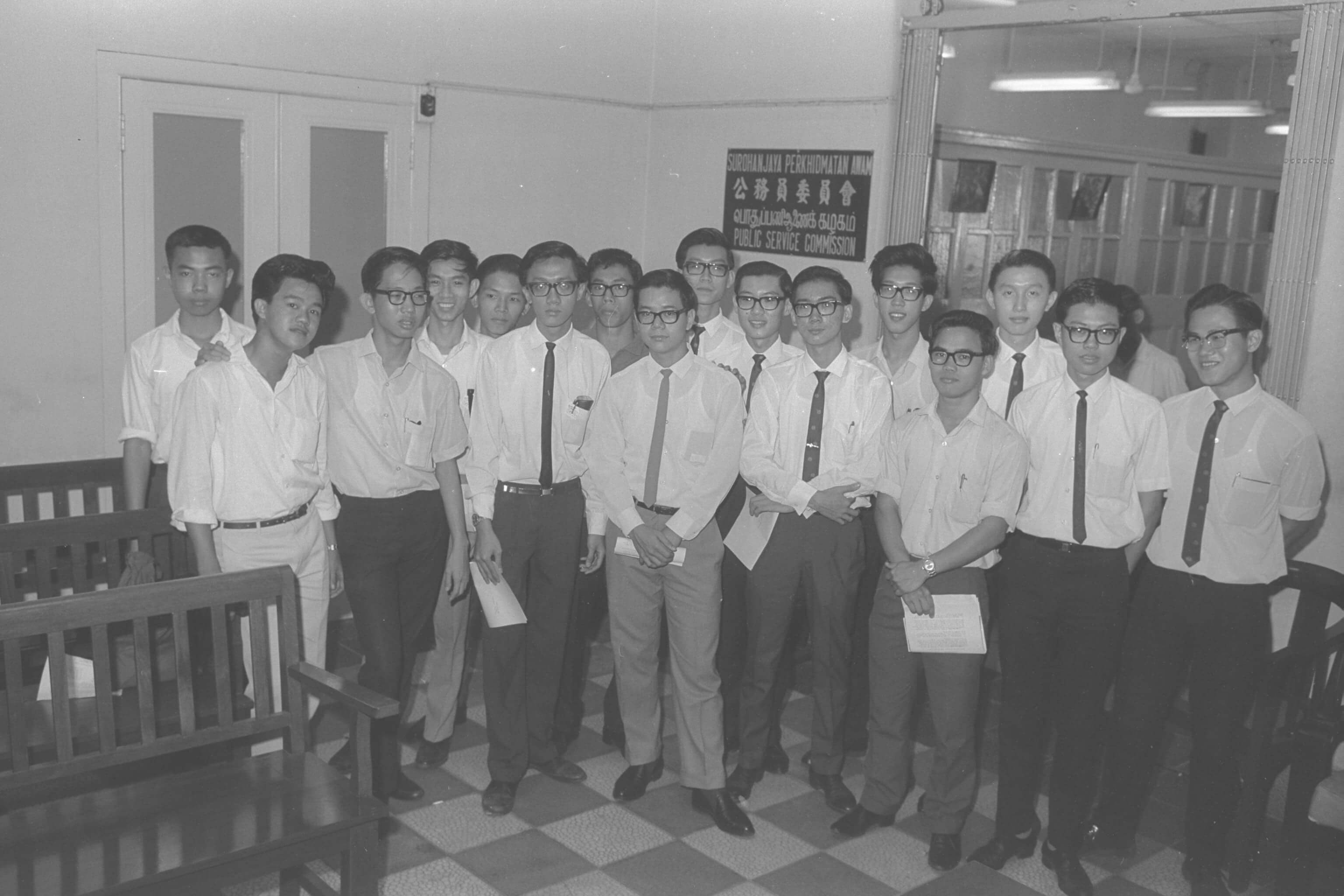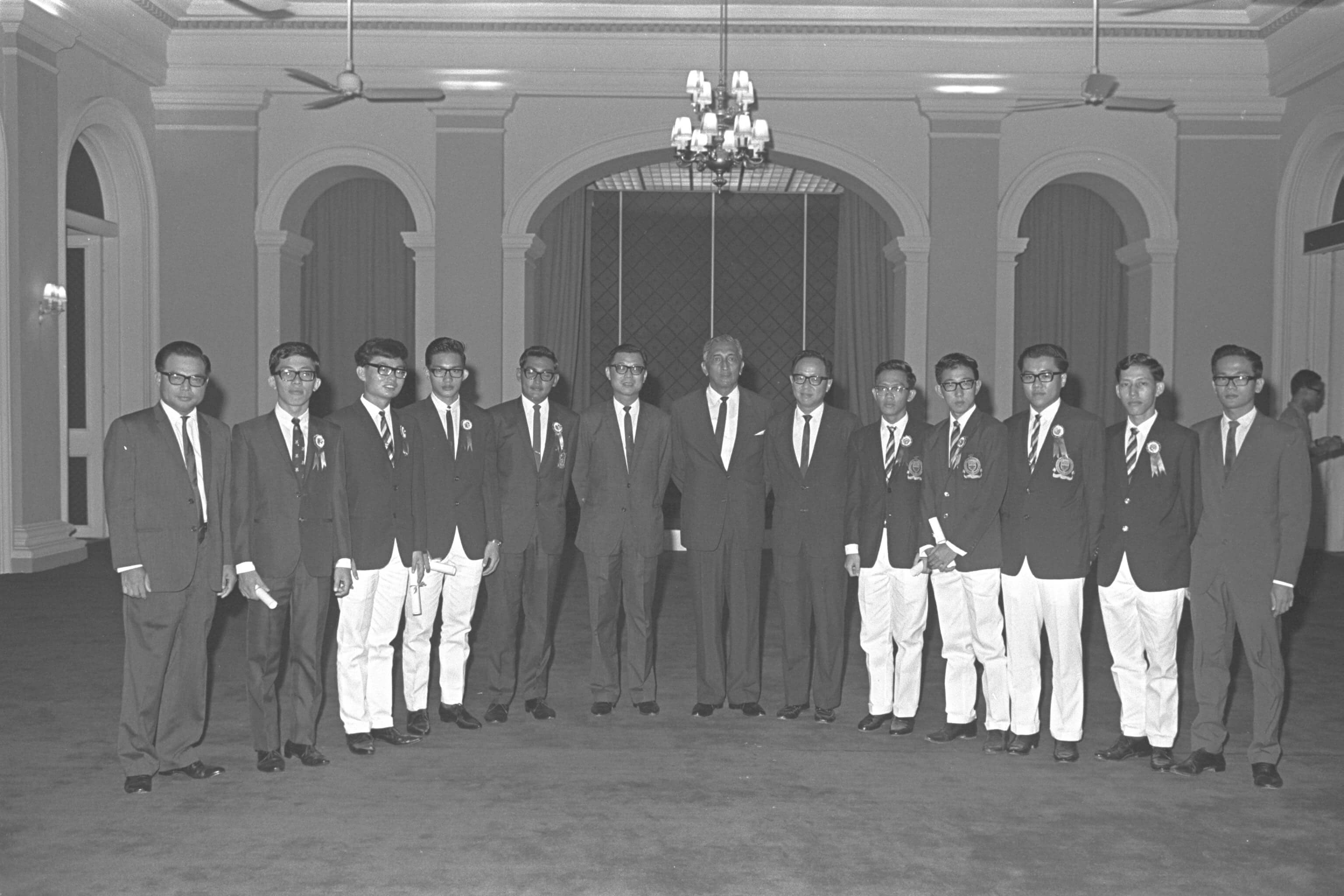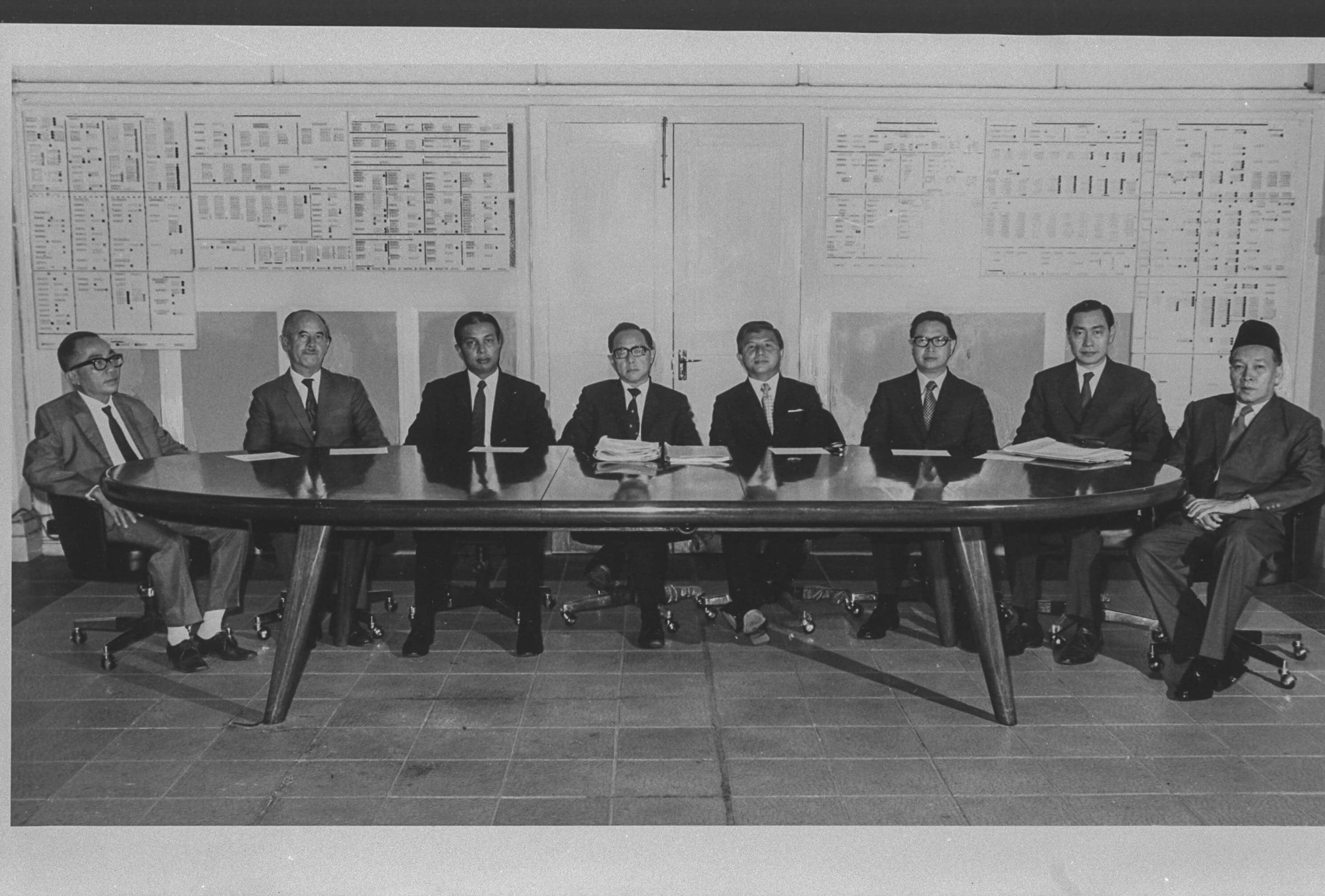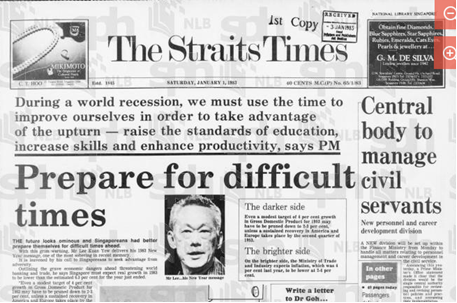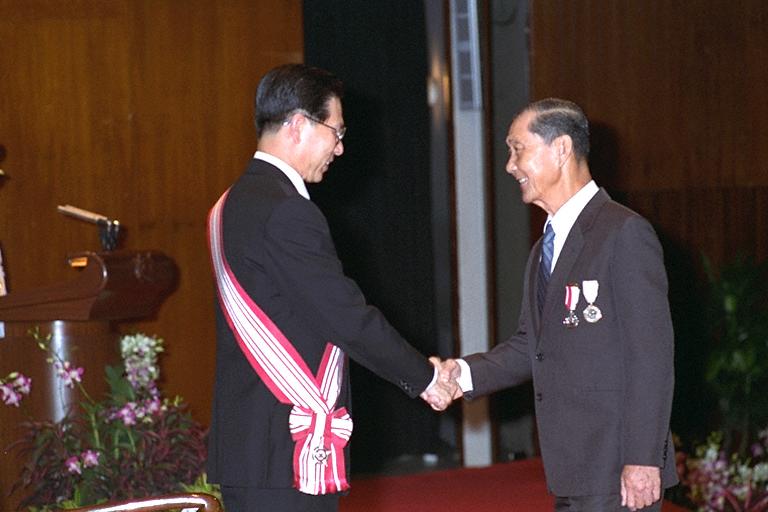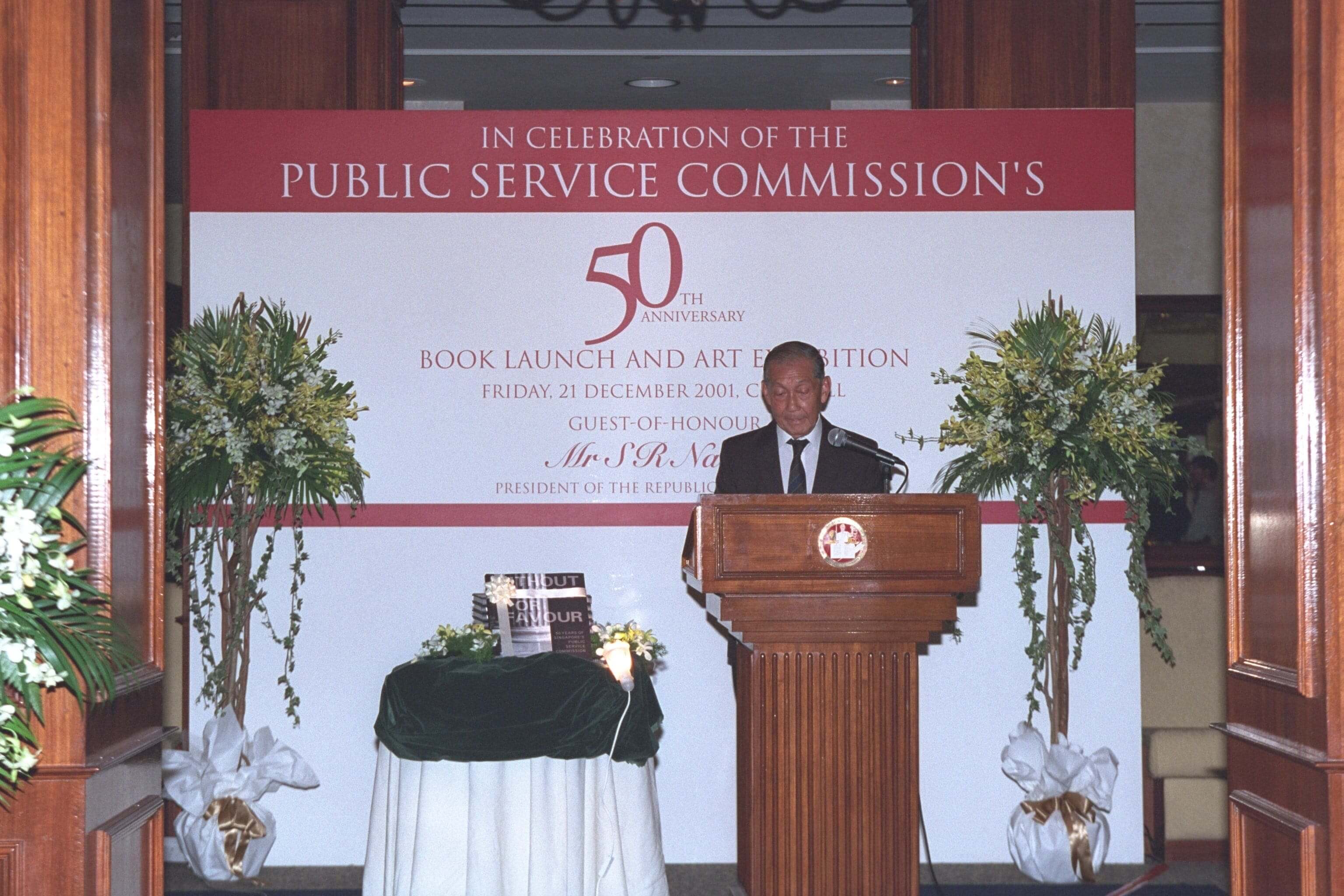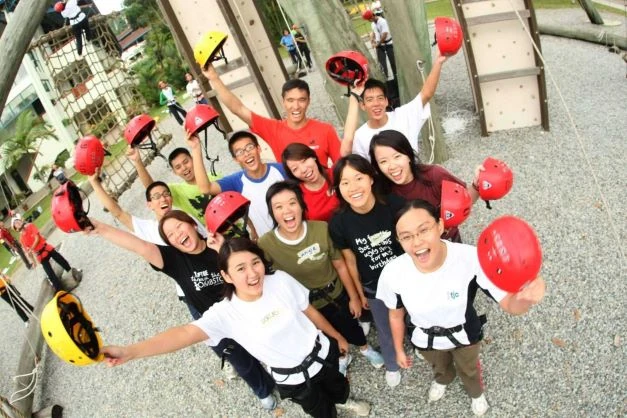Key Responsibilities
The PSC performs the following functions, without fear or favour:

The PSC Scholarships attract and nurture talents with leadership potential for the Public Service.

The PSC is the authority for the appointment of officers to the Administrative Service, as well as appointments and promotions to senior management ranks (Superscale D or Grade 7 and above). The PSC also considers candidates for appointment as Chief Executive Officers of Statutory Boards and assesses their suitability for promotion to Superscale D/Grade 7 and above. The PSC ensures impartiality in the process of selecting the best person for the job.

The PSC is the authority for the dismissal and disciplinary control of civil servants. It has delegated to the Permanent Secretaries and Commissioner of Prisons its authority to discipline certain populations of civil servants for minor misconduct. The PSC ensures that all cases of irregularities, regardless of seniority, are treated with impartiality and fairness.

In 1995, several of the PSC’s functions were devolved to a hierarchy of personnel boards, leading to the PSC retaining a role as the final board of appeal so that it may continue to maintain a check on the Civil Service personnel system. As the final board of appeal, in cases where officers disagree with decisions taken by the Special Personnel Board, the PSC eradicates any bias and prejudice in the system and ensures that officers are treated fairly and consistently.
Members
Members hail from diverse backgrounds and are not allowed to hold any positions in the Public Service after their terms of office. They are appointed by the President, in consultation with the Prime Minister.
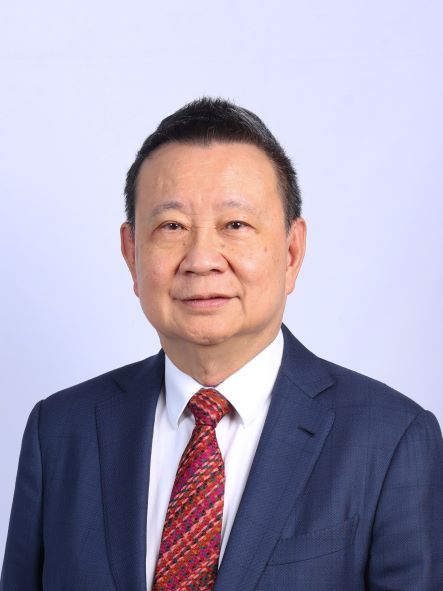
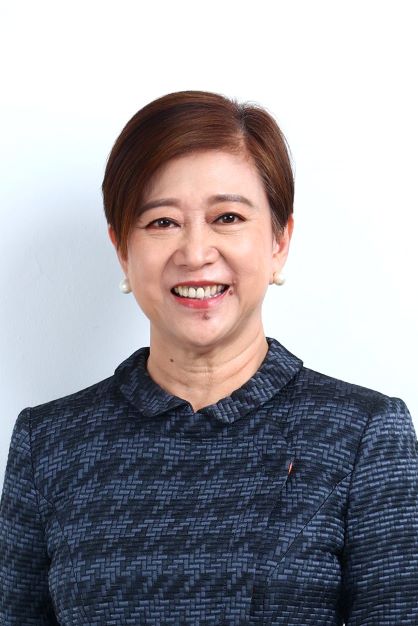
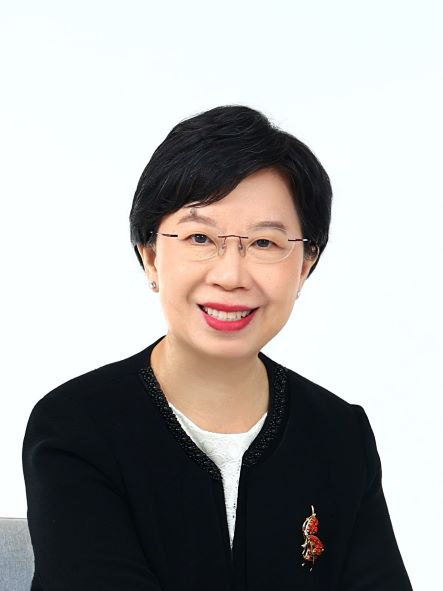
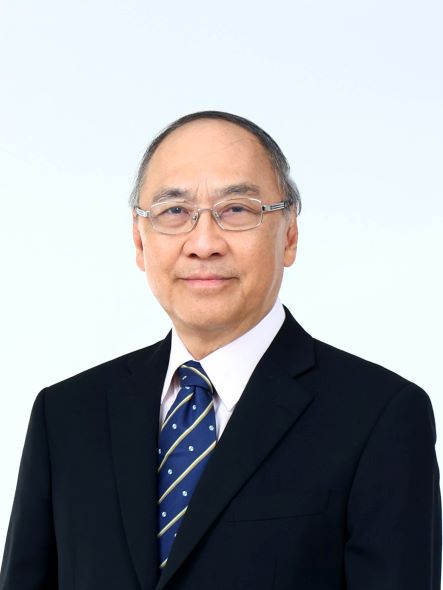
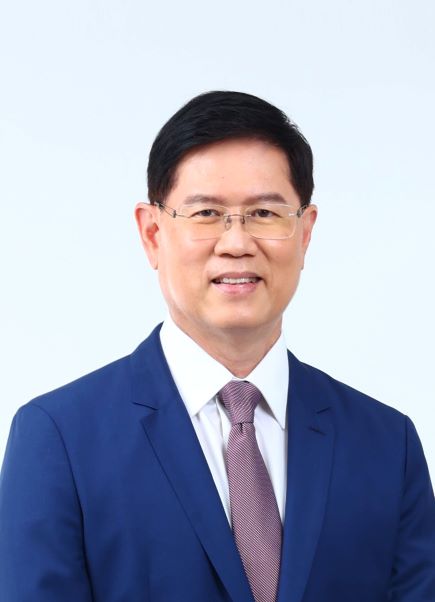
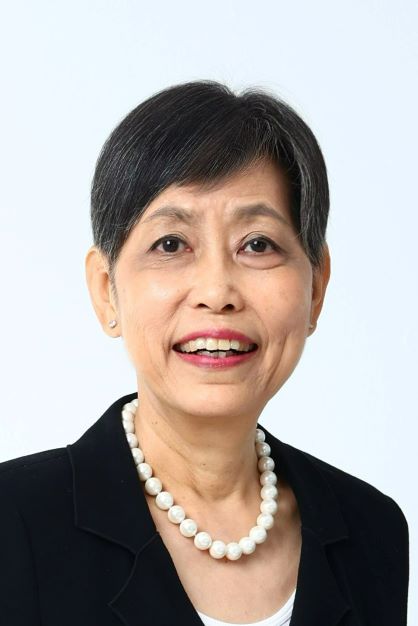
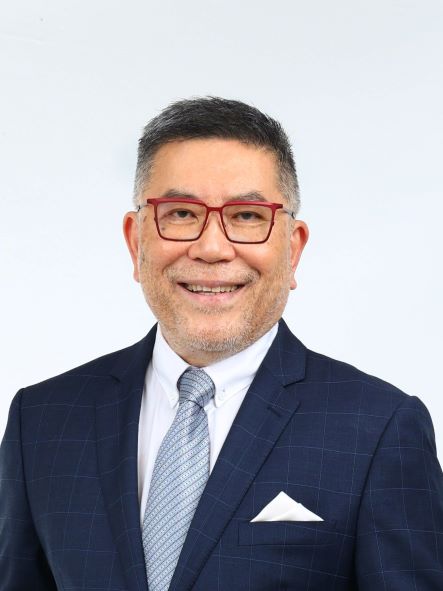
.jpg?sfvrsn=1e1f1753_2)
.jpg?sfvrsn=f94f858e_2)
.jpg?sfvrsn=8dd1fd34_2)

Mr Lee Tzu Yang was appointed as Chairman of the Public Service Commission on 1 Aug 2018 and from 14 Jan 2022 concurrently serves as the Vice-President of the Judicial Service Commission and the Legal Service Commission. He also chairs the board of the Singapore University of Technology and Design.
Mr Lee graduated from the London School of Economics and Political Science in 1976. He joined Shell in 1979 and retired as Chairman of Shell Companies in Singapore in 2014 after serving in operational, commercial and strategy functions in a range of markets. He was recognised by the Institution of Chemical Engineers as an Honorary Fellow in 2016.
He was awarded the Bintang Bakti Masyarakat (Public Service Star) in 2005, the Pingat Jasa Gemilang (Meritorious Service Medal) in 2014, and the Darjah Utama Bakti Cemerlang (Distinguished Service Order) in 2022.

Ms Chua Sock Koong was appointed as a Member of the Public Service Commission in January 2009, and Deputy Chairman in January 2020.
Ms Chua is Senior Advisor at Singapore Telecommunications Limited, Asia’s leading communications technology group, and was previously its Group Chief Executive Officer for 13 years until 31 December 2020.
Ms Chua sits on the Boards of Bharti Airtel Limited, Bharti Telecom Limited, Prudential plc, Ayala Corporation and the Dubai Financial Services Authority, as well as the Supervisory Board of Royal Philips.
She is also a member of the Council of Presidential Advisers and the Securities Industry Council.
Ms Chua was conferred the Medal of Commendation (Gold) at NTUC May Day Awards 2016 and the Public Service Star (BBM) at the Singapore's 2019 National Day Awards.
Ms Chua holds a Bachelor of Accountancy (First Class Honours) from the University of Singapore. She is a Fellow Member of the Institute of Singapore Chartered Accountants and a CFA charterholder.

Professor Lily Kong was appointed as a Member of the Public Service Commission in January 2009.
Professor Lily Kong has been President of Singapore Management University since 2019, the first Singaporean to lead the institution and the first woman to head any university in Singapore. She was previously Provost of SMU (2015-2018). Before that, she held various senior management roles at the National University of Singapore. She is an interdisciplinary scholar, with disciplinary roots in Geography. She is widely known for her research on urban transformations, and social and cultural change in Asian cities.
An award-winning academic, Professor Kong has received multiple international awards and fellowships, including the Victoria Medal from the Royal Geographical Society, the Robert Stoddard Award from the Association of American Geographers, the Commonwealth Fellowship, the Fulbright Fellowship, the Geographical Society of China Fellowship (Foreign), and the SR Nathan Fellowship. She is consistently ranked in the top 1-2% in her field in studies by Stanford. She has been recognised in Forbes Asia’s Power Businesswomen list, Forbes inaugural 50 over 50 (Asia) and Tatler’s Asia’s Most Influential. She has been inducted into the Singapore Women’s Hall of Fame. Her national awards include the Public Service Medal (Silver) and Public Service Star.

Mr Alan Chan was appointed as a Member of the Public Service Commission on 6 September 2010.
He holds the appointments of Chairman of the Land Transport Authority, the Singapore-China Foundation and Singapore Symphony Orchestra Council.
Mr Chan retired as CEO of Singapore Press Holdings Ltd after a stint of 15 years. He had previously served on the boards of various Statutory Boards, listed and non-listed companies.
Before joining SPH, he was an Administrative Officer in the Civil Service. Some of his appointments included Permanent Secretary of the Ministry of Transport, Deputy Secretary of the Ministry of Foreign Affairs and Principal Private Secretary to Senior Minister Lee Kuan Yew.
He is a President's Scholar and was conferred the Public Administration Medal (Gold and Silver) and the Meritorious Service Medal for his contributions to the public service.

Professor Benjamin Ong was appointed as a Member of the Public Service Commission on 1 December 2020.
Prof Ong is a Emeritus (Senior) Consultant with the Division of Neurology, National University Hospital (NUH). He also serves as Chairman of the Health Sciences Authority (HSA), Chairman of the National Health Innovation Centre Singapore Board Oversight Committee (BOC) and is a Board Member of the Consortium for Clinical Research and Innovation, Singapore (CRIS).
He was formerly Director of Medical Services, Ministry of Health (MOH), and prior to his MOH appointment, Prof Ong was the Chief Executive, National University Health System and Senior Vice President of Health Affairs at NUS. He has also held positions as Chairman, Medical Board at the NUH, Head of the Department of Medicine at NUS, as well as Chairman of the Integrated Health Information Systems Singapore. He was also formerly Senior Vice President (Health Education and Resources) at the National University of Singapore and a former member of the National Health Innovation Centre Singapore Board Oversight Commitee.
Prof Ong was conferred the Public Administration Medal (Gold and Silver) and the Meritorious Service Medal for his contributions to the public service.

Ms Euleen Goh was appointed as a Member of the Public Service Commission on 1 April 2021.
Ms Euleen Goh is the Chairman of the Singapore Institute of Management Group Ltd, a non-profit institution of higher learning with some 18,000 learners. Ms Goh is also an independent, non-executive director at Jebsen & Jessen Pte Ltd as well as HSBC Bank PLC.
She was the Non-Executive Chairman of SATS Ltd, a leading global provider of Food Solutions and Gateway Services. During her tenure, she led the company to a transformational acquisition that positioned SATS as the largest air cargo handler globally.
A Chartered Accountant from the Institute of Chartered Accountants in England and Wales, she also holds further professional qualifications in banking and taxation. Ms Goh is also a Fellow of the Singapore Institute of Chartered Accountants and the Singapore Institute of Directors.
Ms. Goh held various senior management positions in Standard Chartered Bank. Following her retirement, she held non-executive appointments on various boards including Deputy Chairman and Senior Independent Director of Shell plc, DBS Holdings Ltd, DBS Bank Ltd, Singapore Airlines Limited, Aviva plc, Singapore Exchange Limited, CapitaLand Limited, MediaCorp Pte Ltd, Standard Chartered Bank Thai pcl, Standard Chartered Bank Malaysia Berhad and Singapore Health Services Pte Ltd. She is the former Chairman of DBS Foundation, Singapore International Foundation, International Enterprise Singapore and Accounting Standards Council, Singapore, Trustee of the Singapore Institute of International Affairs Endowment Fund as well as a former board member of Temasek Trustees Pte Ltd. She had also been a Member of the Review Group on Strengthening Equities and the Future Economy Advisory Panel.
Ms Goh was named Her World Woman of the Year 2005. She was awarded a Public Service Medal in that same year, a Public Service Star in 2012, followed by the Meritorious Service Award in 2025.

Mr Ramlee Bin Buang was appointed as a Member of the Public Service Commission on 1 August 2022.
Mr Ramlee has more than 30 years of experience with multinational corporations in business development and corporate roles. He was the Executive Vice President, Chief Finance Officer and Director of Cerebos Pacific, before he set up Uyko Advisory which he founded in 2014 to provide corporate advice, mentorship, and coaching.
He chairs the board of 1FSS Pte Ltd, an MOH Holdings Finance Shared Service Centre and is a board member of the Singapore University of Technology and Design, for which he chairs the Audit and Risk Committee. He is on the board of Accounting and Corporate Regulatory Authority (ACRA) for which he also serves as a member of the Audit and Risk Management Committee. Outside the public sector, Mr Ramlee is a board member of Far East Orchard Limited.
Mr Ramlee is a member of the Chartered Association of Certified Accountants (United Kingdom), CPA (Australia) and a non-practicing member of the Institute of Singapore Chartered Accountants. He attended the Advanced Management Program at Harvard Business School in 2011.
He was conferred the Public Service Medal (PBM) in 2018 and the Public Service Star (BBM) in 2024.
.jpg?sfvrsn=1e1f1753_2)
Mr Warren Fernandez was appointed as a Member of the Public Service Commission on 1 June 2023.
Mr Fernandez is a Senior Fellow in the Executive Vice Chairman's Office of the Rajaratnam School of International Studies, and is concurrently Director, Industry Engagement at the College of Humanities and Social Sciences in Nanyang Technological University. He has more than three decades of experience in the news, media and communications sector, having served in key appointments such as editor-in-chief of the English/Malay/Tamil Media Group in SPH Media and editor of The Straits Times. He was previously President of the World Editors Forum, Chairman of the Asia News Network and Chairman of The Straits Times School Pocket Money Fund.
Mr Fernandez has also contributed to numerous public sector boards, including the National Heritage Board, National Parks Board, and the National Environment Agency. He is currently a board member of the National Arts Council and National Library Board.
Mr Fernandez is a graduate of Trinity College, Oxford University, and holds a Master’s in Public Administration from Harvard University’s John F. Kennedy School of Government.
.jpg?sfvrsn=f94f858e_2)
.jpg?sfvrsn=8dd1fd34_2)
Mr Seck Wai Kwong was appointed as a Member of the Public Service Commission on 15 February 2024.



